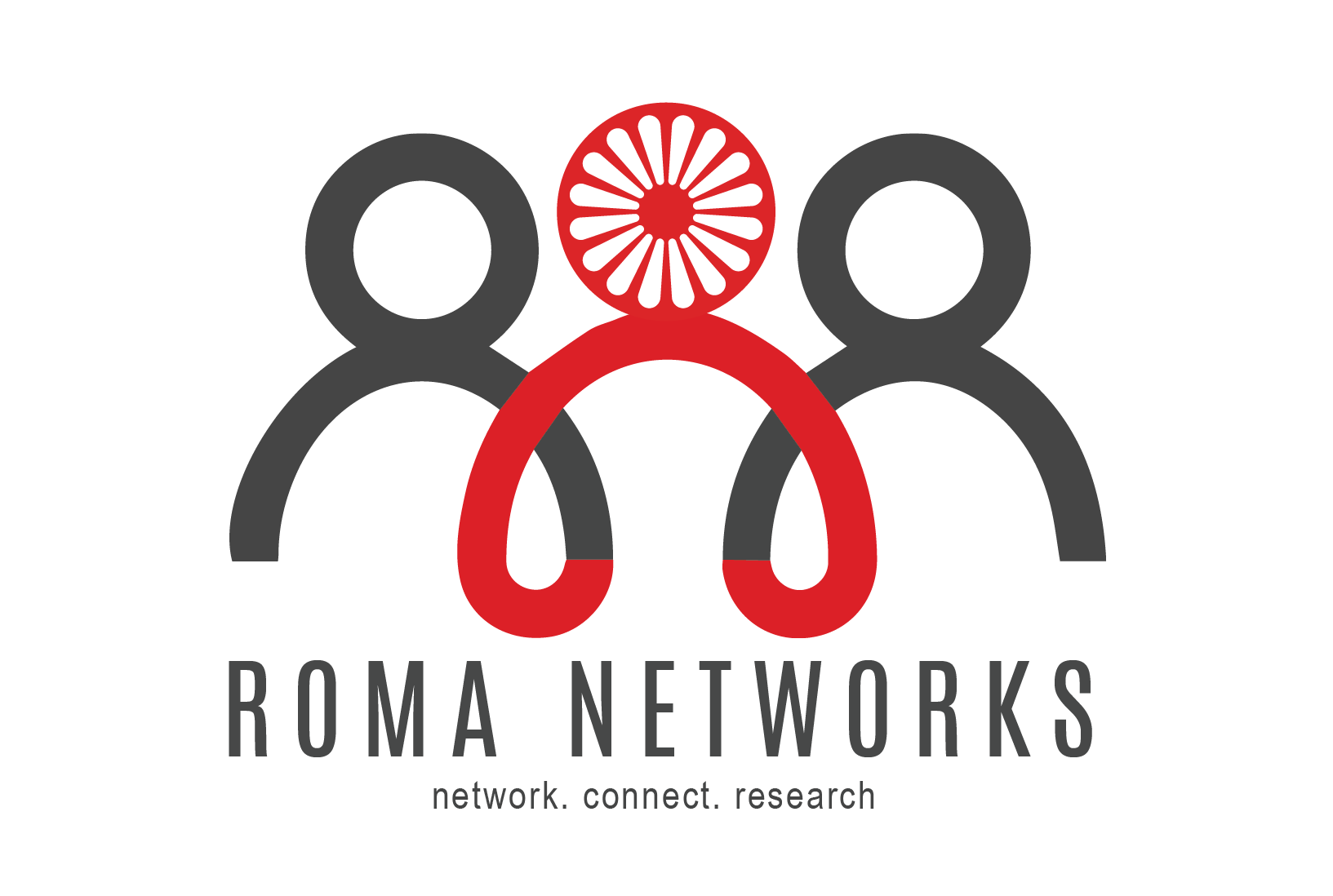Projects
Job Creation
After Communism ended in 1989, many saw it as freedom, but it also led to job loss when state-run factories and other employers closed their doors. These jobs mostly required basic skills, so when the need for them disappeared, many Roma lacked the skills or education for new jobs. Roma unemployment became higher than the general population, leading to more begging, crime, and homelessness in the 1990s, which drove Roma further to the margins of society.
Today, governments and international organizations have made progress in addressing Roma rights, inequalities, and poverty, but change has been slow at the local level for various reasons.
Living on society’s fringes forces Roma to rely on government support. They often seek jobs in Western countries, making them vulnerable to trafficking and exploitation. This also affects the church, as potential leaders leave, leaving no one to train the next generation. We believe that teaching Roma how to start small businesses can help them support themselves and their families, and even create jobs for others in their community. Our goal is to provide Roma with the tools to start their businesses or support those who want to.
Education for Roma Children
In many situations, Roma children often don’t finish primary and secondary school due to various factors like language barriers, parental illiteracy, early marriages, and discrimination by teachers or administrators. Through various initiatives such as preschool and after-school support, we empower these children to stay in school until they complete their education. Roma Networks aim to connect existing programs and resources to those serving at grassroots level to address their specific needs.
Roma Bible School
(theological education)
After researching various Bible and theological schools serving Roma communities in the region, we organized meetings involving practitioners, theologians, missiologists, and Roma leaders to create a school tailored for the Balkan context.
Today, Roma Bible School operates independently under its own board. The inaugural class has successfully completed the program, gaining exposure to numerous Roma ministries through monthly travels across the Balkans. The school’s primary focus is on teaching the Bible and reflecting on its application in the context of Roma culture.
They are currently preparing the next generation of students for the upcoming school year. Simultaneously, they are launching a Roma Bible School in Germany to serve Roma churches from the Balkan region who have migrated there.
If you’re interested in obtaining more information, please feel free to reach out for further details:
Sasa Bakic, president of Roma Bible School – sasabakic123@gmail.com

Next Generation of Leaders
(project planned for 2024)
Since we are a network of grassroots ministries, our future goals and projects always emerge from the grassroots. In November 2022, we had a meeting with representatives of Roma leadership from Europe. From our discussions we saw that we should put our efforts into coming alongside leaders in Central and Eastern Europe. While the situation varies across different countries in the region, there are a number of common issues that affect the development of the next generation of Roma leaders, such as:
Lack of Access to Education
Roma children often face discrimination and prejudice in the education system, which can result in lower attendance rates and poorer academic performance. This can limit their opportunities for employment and social mobility later in life. This also affects the potential leaders in the churches, for example lower educational level (e.g. not finishing high school, lower literacy level) can hinder potential leaders from pursuing theological education or Bible school (which is something we are trying to address in our other initiative, Roma Bible School).Oftentimes survival lifestyles make them focus on just today instead of thinking of long-term solutions. By recognizing these issues we are trying to create solutions that are integrated in their lifestyle and culture.
Lack of Support System
It takes a lot of investment in time, encouragement, and support for someone to succeed and thrive in life. This is something that many Roma youth do not have, including those who are potential leaders. Often parents are not interested in the education or development of their children or are simply too preoccupied with providing the next meal. Teachers are not interested or invested in the students, or pastors and leaders do not have the right tools or capacity to identify and develop future leaders. Often people with potential are not recognised or supported to reach their full potential, and end up pursuing other things or not being developed at all.
Through the Next Generation of Leaders Project we plan to address these issues to facilitate the development of future leaders for the region. This project is still in the pipeline and is planned for 2024. We will share more details as they become available.
Strengthening Countries
Roma Networks will facilitate country and professional meetings to help practitioners come up with mutual understanding and cooperation on different projects.


